Ballot Measures: Case Studies
The YWCA Stands Up for Marriage Equality in Washington State
In 2009, the Washington state legislature passed a law granting registered domestic partners all the rights, responsibilities, and obligations of married couples. When anti-equality forces attempted to force a referendum on the law, the YWCA of Clark County, Washington decided to take an active role in working to keep Referendum 71 (R-71) off the ballot. The group, whose mission is “eliminating racism, empowering women,” decided to get involved because equal treatment for same-sex couples was too important an issue to ignore. “It’s a minority group being oppressed and deprived of rights that are given to everyone else,” YWCA Executive Director Kathy Kneip told the media at the time. “We take this position because our mission is to eliminate oppression and build a community of peace, justice, freedom and dignity for all people. This includes oppression based on sexual orientation.”
As a public charity, the YWCA of Clark County is permitted to campaign for or against a ballot measure without jeopardizing its tax exempt status as long as it stays within its lobbying limits. For more information on lobbying limits, see AFJ’s fact sheet “Maximizing Your Lobbying Limit: Electing the 501h Expenditure Test.”
The YWCA used multiple channels to urge people not to sign petitions for a statewide referendum. It started a letter writing campaign to local newspapers, email blasts to its list of 1,800 subscribers and a large banner outside its headquarters. The YWCA typically draws about half its revenue from government grants and contracts with the rest coming from private donations.
Money spent on the campaign came from donations, not government grants. When R-71 eventually made it onto the ballot, the YWCA continued their efforts to uphold the domestic partnership law. YWCA’s efforts were ultimately successful. The domestic partnership law was upheld in the November 2009 election by more than 100,000 votes and only three years later the state legislature passed a same-sex marriage law.
A YWCA employee who helped organize the group’s effort said they were not accustomed to issue advocacy. “We’re not heavy-duty, lobbying type people,” he said. “But, it was sort of a feeling, we’ve done enough talking, it’s time to take a stand.”
Community Foundation Fights Prop 54 in California
In 2003, the East Bay Community Foundation decided it should take an active role in opposing Proposition 54, known as the Racial Privacy Initiative. The proposition would havebanned the state from collecting any racial or ethnic data and would have applied to all state government institutions, including local governments, school districts, and publicly funded health care and other service providers.
The foundation staff was concerned that the proposition would have a severely negative impact on the at-risk communities that the foundation served. These included the inability to track and document issues of inequity and need by race or ethnicity.
As a public charity, the East Bay Community Foundation is permitted to campaign for or against a ballot measure without jeopardizing its tax exempt status as long as it complies with lobbying limitations (these vary depending on whether an organization has taken the 501(h) election [for more information on this, please see this fact sheet Maximizing Your Lobbying Limit: Electing the 501h Expenditure Test.
The foundation identified public education around the consequences of Proposition 54 as a priority. Proponents of the initiative had been effective at framing the issue as one of individual rights and racial equality. The foundation crafted messages about how the proposition would interfere with equal and adequate health care and education. These issues were selected because they have broad appeal to voters and are areas of foundation fundingand interest.
The communication strategy included foundation leaders writing op-eds in multiple languages, which were published in local press and small, foreign language papers. The foundation cosponsored press conferences with leaders of local public health departments to highlight the proposition’s potential contribution to health disparities.
The East Bay Community Foundation tried to educate donors and also encouraged its grantees to get involved in the fight against Proposition 54, to mobilize their constituency, staff, and board members around the issue. The foundation only received positive feedback from donors, and there was no impact on donations to the foundation.
The foundation’s efforts were successful: Proposition 54 failed in the October 2003 Special Election.
